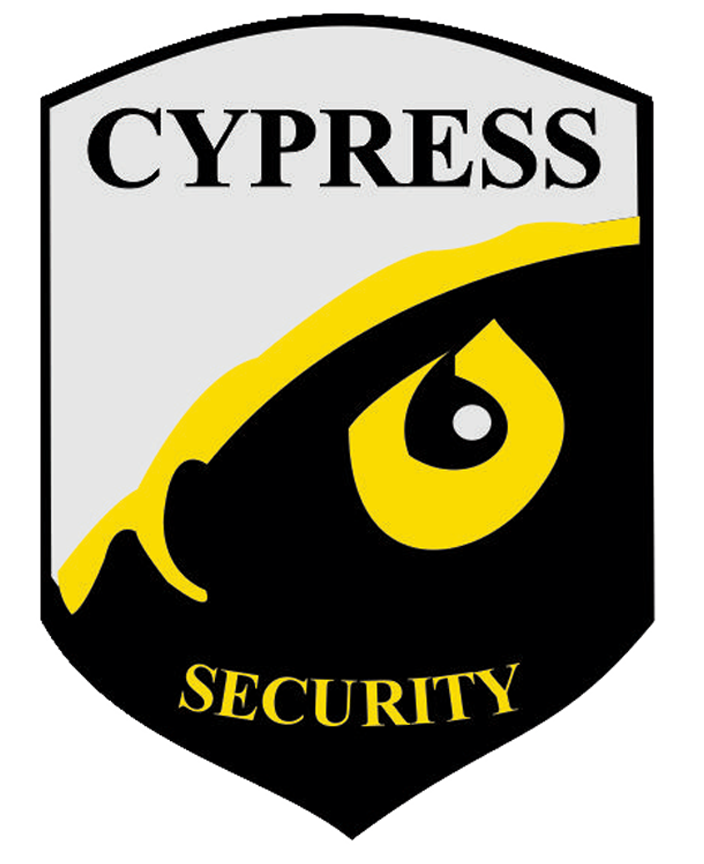Graham Slaughter, CTVNews.ca Writer
Published Monday, November 25, 2019 10:14AM EST
Last Updated Monday, November 25, 2019 10:19AM EST
TORONTO -- Technology capable of scanning a person’s face and linking them to a database of thousands of other people has been introduced in Canadian airports and shopping malls, a fact that a leading Canadian privacy expert considers alarming.
Former Ontario information and privacy commissioner Ann Cavoukian says Canadians may not realize just how prevalent the technology is and how that personal information can be used once collected.
“It’s very concerning to me, because your facial image is the most sensitive biometric and can be used to accurately – or, worse – inaccurately connect you with certain events,” Cavoukian, now executive director of the Global Privacy & Security by Design Centre, told CTV’s Your Morning on Monday.
Earlier this month, the Vancouver International Airport announced that it would become the first airport in Canada to introduce facial recognition technology for Nexus cardholders who return to Canada from abroad. Facial-recognition kiosks will identify passengers enrolled in the Nexus program, replacing the airport’s existing iris scanners.
Two malls in Calgary came under fire last year after it was revealed that directory kiosks were taking photos of shoppers’ faces. The technology was suspended after the Federal Privacy Commissioner and Privacy Commissioner of Alberta opened up investigations.
Cavoukian said more consideration needs to be given to just how damaging the technology can be.
She pointed to a recent report from the U.K. that found that facial recognition technology used by police flagged innocent people as suspects four out of five times.
“Imagine trying to clear your name when police said, ‘No, you’re the one who did this.’ It can just be so damaging,” she said.
So far, no Canadian police force has announced plans to use the technology. Such a move could open up the possibility for innocent people to find themselves wrapped up in police investigations, Cavoukian said.
“If the police are using this, they can get a warrant. If they have probable cause that a crime has been committed, you go to a judge, you get a warrant. It’s not hard to do. Then they’re authorized to investigate.”
Then there’s the issue of stolen identity. With little oversight in Canada, facial recognition could be highly damaging if someone obtained an individual’s facial recognition information.
“When I was commissioner, a number of victims of identity theft came to me saying that their identities had been stolen. Try to clear your name – it’s a nightmare,” Cavoukian said.
Similar concerns were raised last month among concert-goers and musicians in the U.S. after live-entertainment companies AEG Presents and Live Nation revealed plans to scan festivalgoers with facial recognition technology. Both companies stepped away from those plans following widespread criticism.

